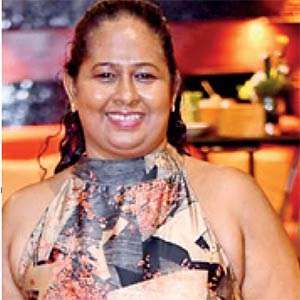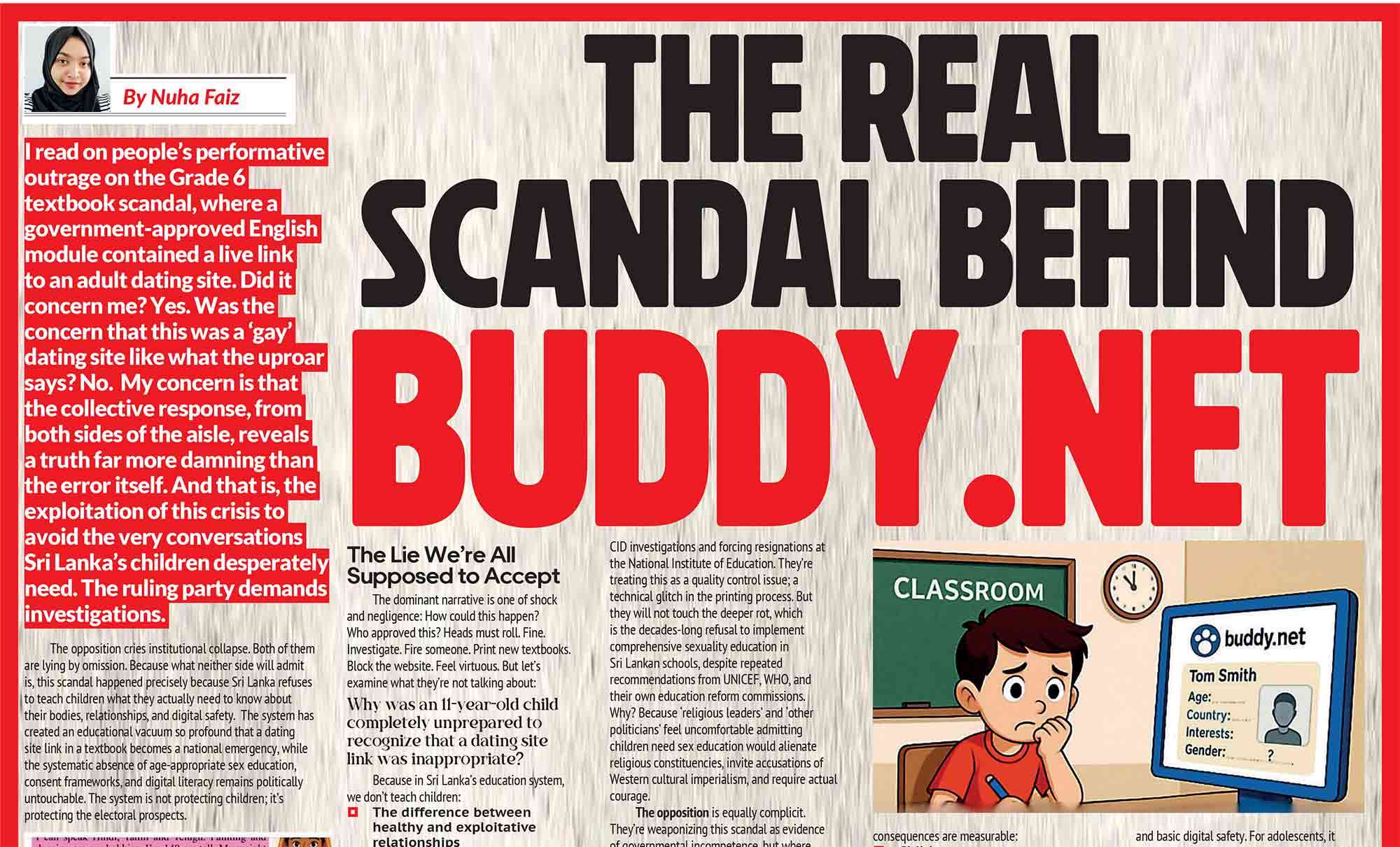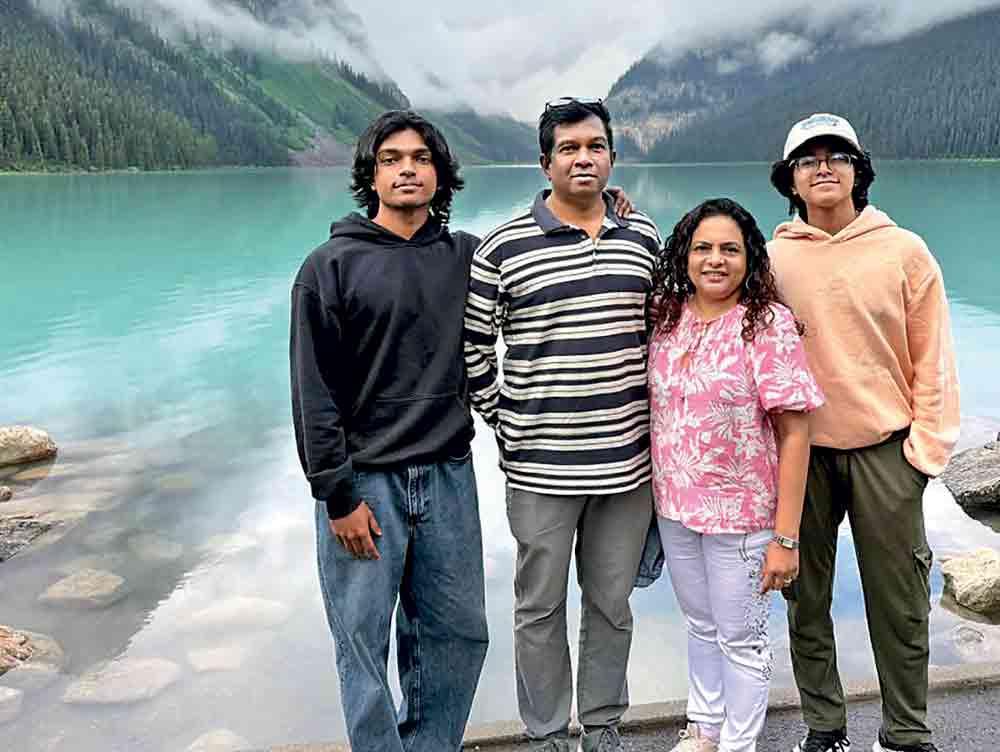
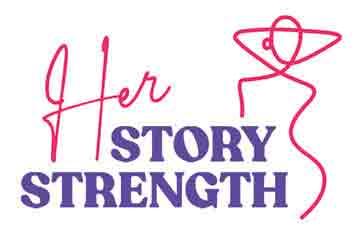 With over 27 years of experience across finance, strategy, and leadership, Portia Jayamaha has built a career defined by resilience, adaptability, and continuous learning. From her early days in Sri Lanka to her current leadership role in the UAE’s healthcare sector, her journey reflects not just professional success but also a deep understanding of balance; between people, cultures, and priorities. In this interview, she shares the defining moments of her career, the lessons learned from working across diverse markets, and her perspective on leadership, digital transformation, and the power of perseverance.
With over 27 years of experience across finance, strategy, and leadership, Portia Jayamaha has built a career defined by resilience, adaptability, and continuous learning. From her early days in Sri Lanka to her current leadership role in the UAE’s healthcare sector, her journey reflects not just professional success but also a deep understanding of balance; between people, cultures, and priorities. In this interview, she shares the defining moments of her career, the lessons learned from working across diverse markets, and her perspective on leadership, digital transformation, and the power of perseverance.
Q You have over 27 years of experience in finance and leadership. What has been the most defining moment in your professional journey so far?
My journey has been a gradual progression, shaped by challenges on both the professional and personal fronts. Each role I’ve held came with new responsibilities and unique hurdles and overcoming them made me stronger and more capable. One of the most defining moments came very early in my career, when I was unexpectedly asked to lead our entire team during a period when our head was unavailable. Overnight, I found myself managing clients, meeting deadlines, and guiding a group that included both my peers and juniors. It was a test of my ability to adapt quickly and lead with confidence. What stood out most was the faith my superiors, the partners of the firm, had in me. Their trust was a tremendous motivator and made me realize the importance of earning respect through action. That experience became a lifelong lesson in leadership: how to adapt to sudden change, gain trust across different levels, and turn unexpected challenges into opportunities for growth.
Q Moving from Sri Lanka to the UAE and taking on a finance leadership role in a globally reputed healthcare institution; how has this transition shaped your leadership perspective?
In Sri Lanka, I worked within a structured environment, leading teams that shared similar work cultures and approaches. The UAE, however, is an incredibly diverse and international landscape. Here, leadership demands not just direction but collaboration, bringing together people from different cultural and professional backgrounds to work toward common goals. This transition fundamentally reshaped my leadership style. I learned to balance structure with flexibility, and intuition with data-driven decision-making. The diversity of perspectives in the UAE challenges you to think differently, communicate more openly, and foster inclusivity. It has been a journey of continuous adaptation and growth, one that has made me a more empathetic and globally minded leader.
Q You’ve held senior roles for over 13 years. How do you define effective leadership in finance today?
Finance leadership today is not just about managing numbers, it’s about shaping strategy, driving innovation, and leading transformation. The business landscape is evolving rapidly, driven by technology, consumer behaviour, and global economic shifts. An effective finance leader must do more than respond to these changes; they must anticipate and guide them. The younger generation, whether as consumers or employees, has very different expectations. We need to understand these dynamics, integrate technology intelligently, and lead with agility. For me, effective leadership in finance means creating value not only through financial performance but also by fostering adaptability, innovation, and resilience within teams. It’s about inspiring others to embrace change confidently.
Q You played a leading role in the digital journey of Hemas Hospitals, including the implementation of Electronic Health Records (EHR). What were the biggest challenges and successes of that transformation?
Leading digital transformation is always complex because it involves change, and managing change is never easy. The first challenge was setting a clear direction. Successful implementation begins with strong leadership alignment and a well-communicated vision. The second challenge was financial, identifying the right technology partners within realistic investment limits. In Sri Lanka, scale and budgets are smaller compared to many regional markets, so resource optimization was crucial. However, the most difficult aspect was managing people. Transformation isn’t just about systems; it’s about mindsets. To navigate this, we phased the project, starting with smaller, more controllable areas before expanding to departments that were more resistant to change. The success came through consistent monitoring, transparency, and engagement. Over time, the results spoke for themselves, improved efficiency, accuracy, and patient experience. The journey reinforced my belief that digital transformation succeeds when people are brought along every step of the way.
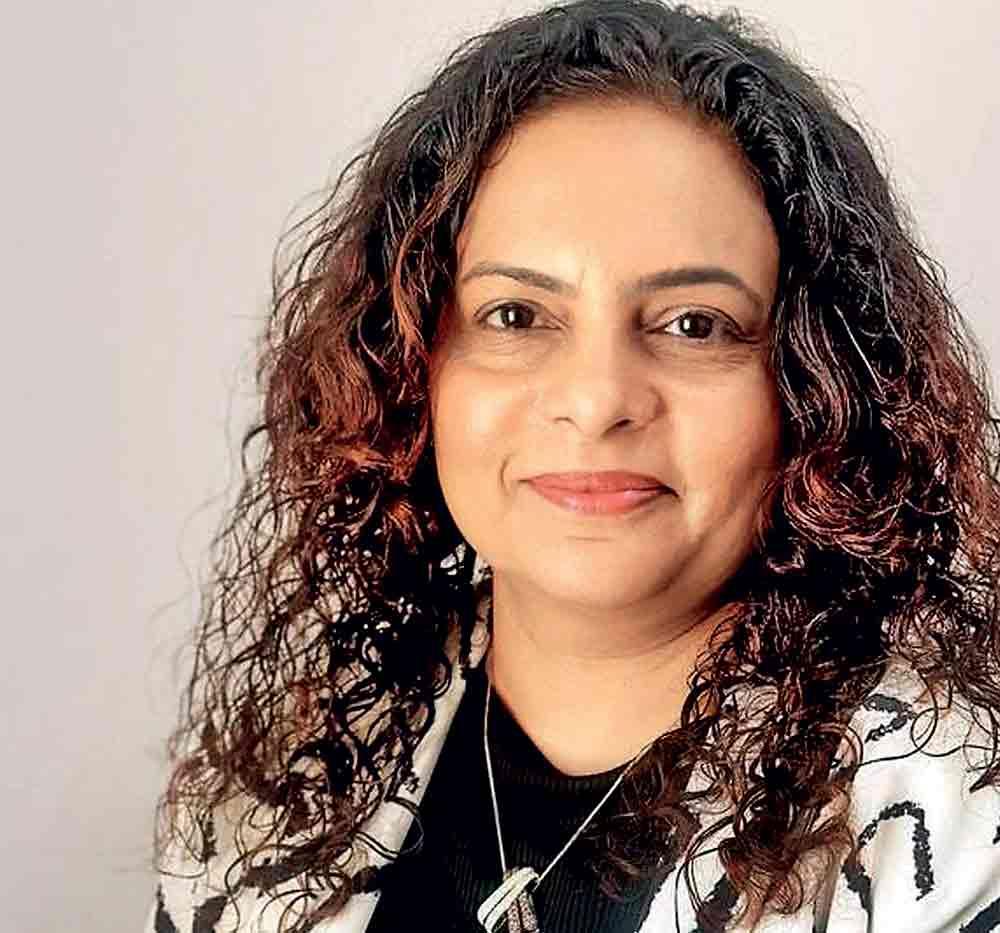
Q You’ve explored diverse markets including the UAE, Seychelles, Bangladesh, and Myanmar. How has this international exposure shaped your professional and personal growth?
Each market has its own rhythm, its economic realities, regulations, and cultural nuances. Understanding these differences has been both challenging and rewarding. Working across regions exposed me to various facets of business: contract negotiations, structuring legal and tax frameworks, financial feasibility studies, and high-level discussions with bankers, consultants, and board members. Observing decision-making patterns in different environments has been incredibly enriching. Personally, it taught me the importance of cultural intelligence and humility. Professionally, it honed my ability to adapt strategies without losing focus on core values. Exposure to such varied environments deepened my understanding of how leadership and finance intersect with culture and human behaviour.
Q What advice would you give to young women aspiring to leadership positions in finance and digital sectors?
First and foremost; believe in yourself. Every leader faces setbacks; what defines you is how you respond to them. Determination and self-belief are the foundation of growth. Be a lifelong learner. The world is evolving faster than ever, technology, finance, and leadership are constantly changing. Continuous learning keeps you relevant and confident. Seek out mentors, read widely, and stay curious. And most importantly, forget the labels. Success doesn’t depend on gender, it depends on capability, character, and contribution. I have never viewed myself through the lens of gender; I define myself by the value I bring to the table. When you focus on excellence and authenticity, recognition naturally follows.
Q You are a mother of two boys while holding a demanding leadership role. How do you find balance between motherhood and your professional responsibilities?
For me, balance comes from focus and boundaries. I follow a simple childhood principle: “Work while you work, play while you play.” When I’m at work, I’m completely focused, no distractions, no multitasking between family and professional life. My team becomes my extended family, and I give them my full attention. At home, it’s the opposite. I prioritize quality over quantity. When my sons were younger, I guided them closely, especially with their studies. As they grew older, I stepped back to let them take responsibility for their own learning, just as my mother did with me. I also chose not to intervene in their extracurricular pursuits. My elder son discovered his passion for music entirely on his own, something that made me immensely proud. Both my sons are now independent, capable of managing themselves even while living abroad. Balancing motherhood and leadership has taught me that discipline, trust, and respect for boundaries are essential. When you give your best to both worlds at the right time, harmony naturally follows.
Q What advice would you give to working mothers in leadership roles who often struggle with guilt when balancing career and family life?
That feeling of guilt is universal, every working mother experiences it. But I believe the key question is: What does “enough” really mean? Often, women take on the entire emotional and logistical burden of family life, while it should be a shared responsibility. Life is long and full of phases, education, career, family, and personal growth. It’s important to give your best to each phase without losing sight of yourself. Loving yourself and valuing your independence are essential, they allow you to be fully present for your family and your career. Your career isn’t a distraction from your family; it’s an extension of who you are. It teaches resilience, purpose, and self-worth; lessons that your children will also learn from you. Balance isn’t about perfection; it’s about making conscious choices and honouring them. Ultimately, your “best” is defined by you, not by others. When you live authentically, both your career and your family will thrive.
Her journey is a testament to the power of perseverance, adaptability, and authenticity. Through decades of professional achievement and personal growth, she has proven that leadership is not about control, it’s about clarity, compassion, and courage. Whether steering digital transformation, navigating global markets, or balancing motherhood with executive leadership, her story reflects one simple truth: success belongs to those who stay true to their values while daring to evolve.
RAPID FIRE with Portia

- Coffee or tea? Tea
- Early morning or late-night thinker? Late night
- A book or leader who has inspired your career? Book: Catalyst by Chandramouli Venkatesan Leader: Mr. T.K. Bandaranayake (Ernst & Young)
- Your favourite way to unwind after a long day? An hour-long walk followed by watching a drama
- The best career advice you’ve ever received? From my mother: “Even when you feel like giving up due to the challenges of homemaking, remember that a woman must always have a career; no matter its size. Your career gives you freedom and the power to live life on your own terms.”
- One habit that keeps you productive? Being extremely organized
- The proudest moment in your career so far? Being recognized by Hospital Management Asia (HMA) for my work and being invited to speak at their forum
- If not finance, what career would you have chosen? I would have been a nun
- What’s the biggest myth about women in leadership you’d like to break? That women are less capable of handling leadership roles because of family responsibilities. Leadership is defined not by gender but by capability, vision, and resilience.
- Your motto in life? “Life is like a piano; what you get out of it depends on how you play it.”

